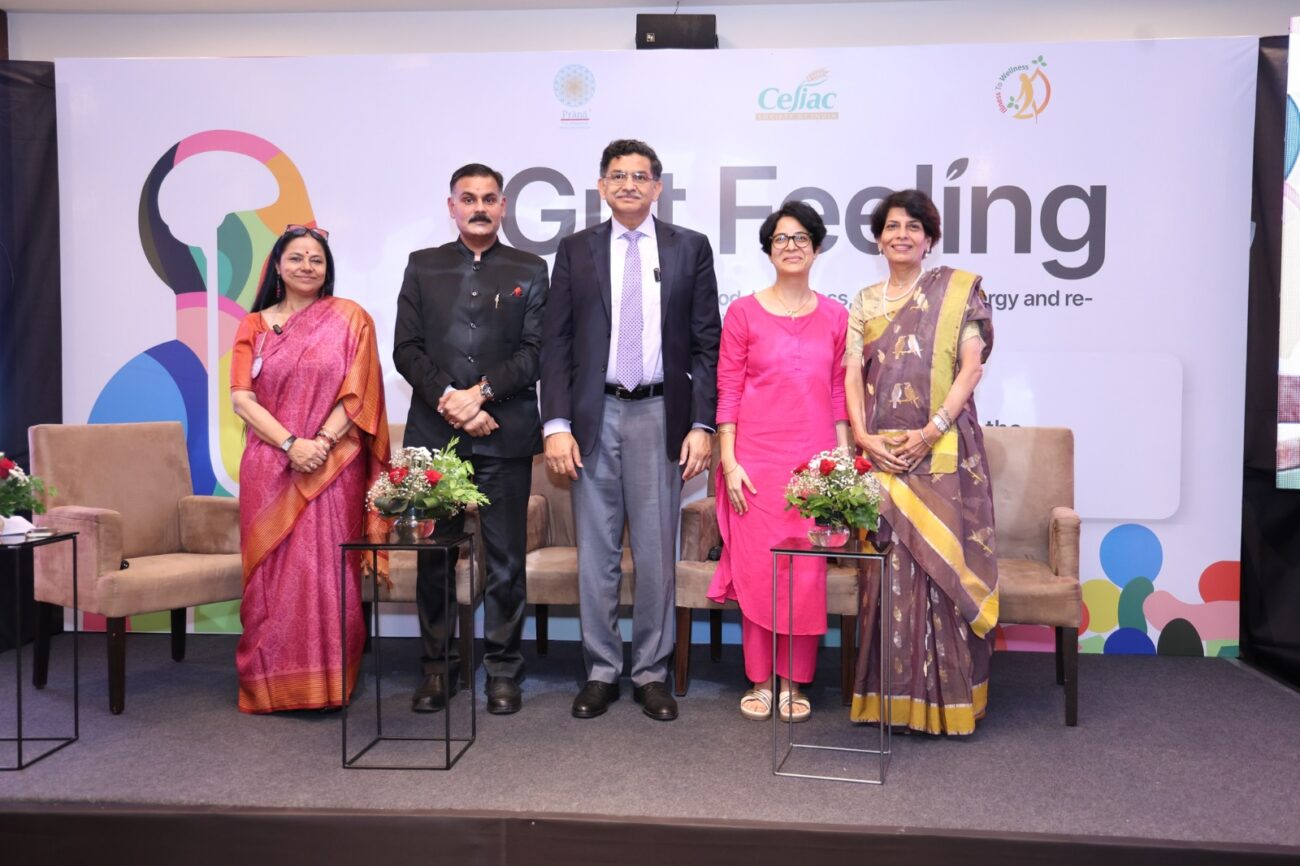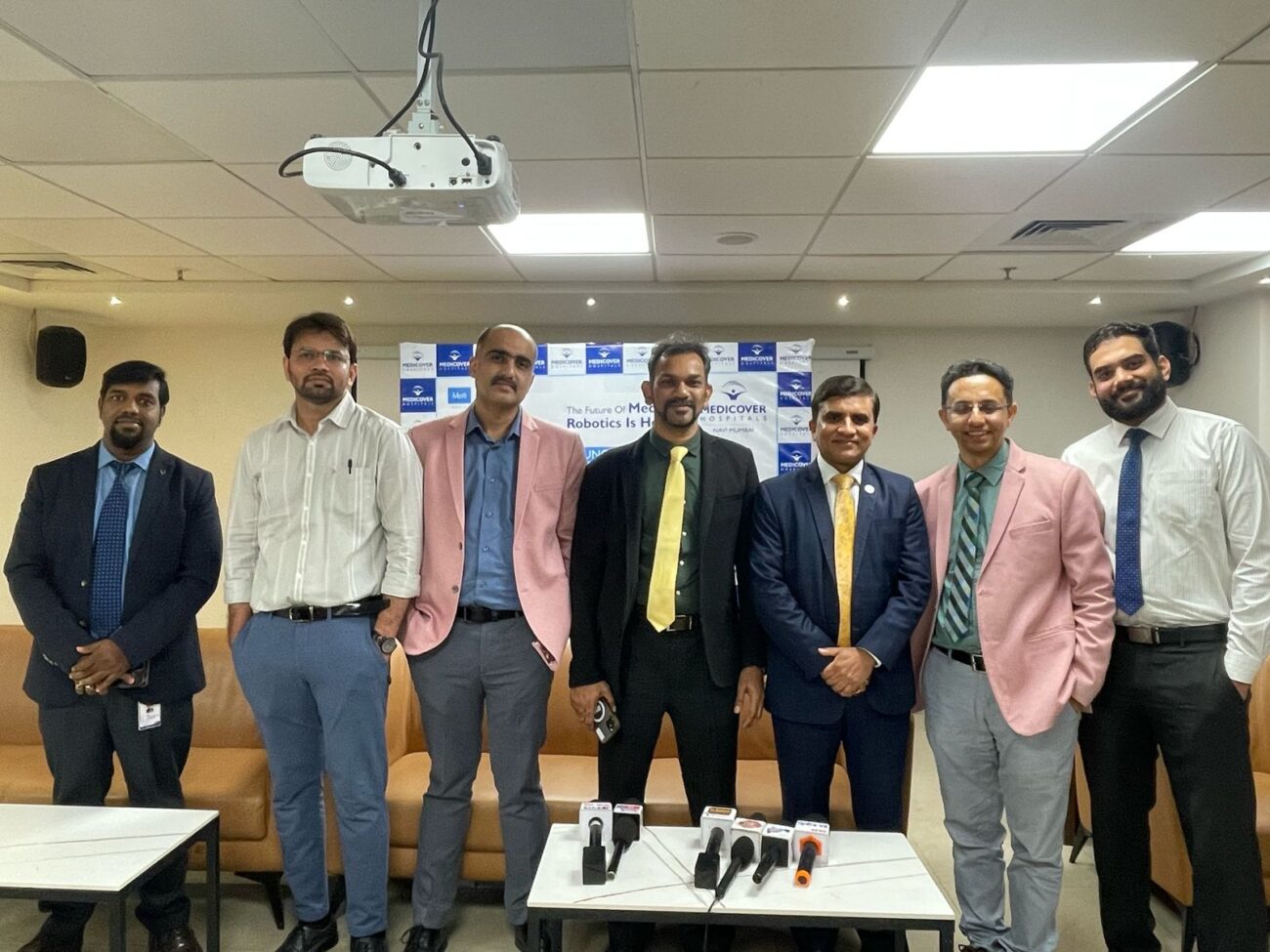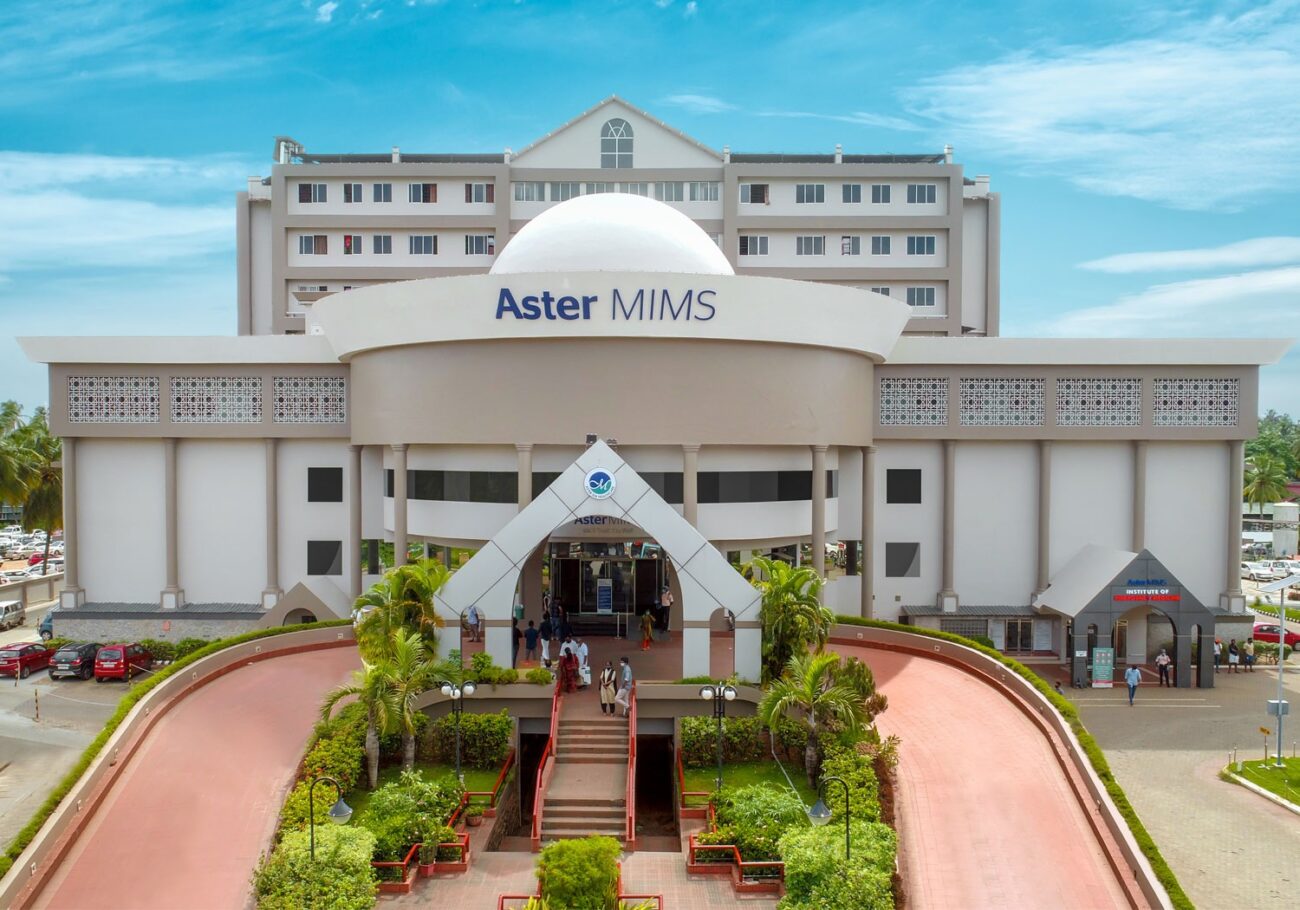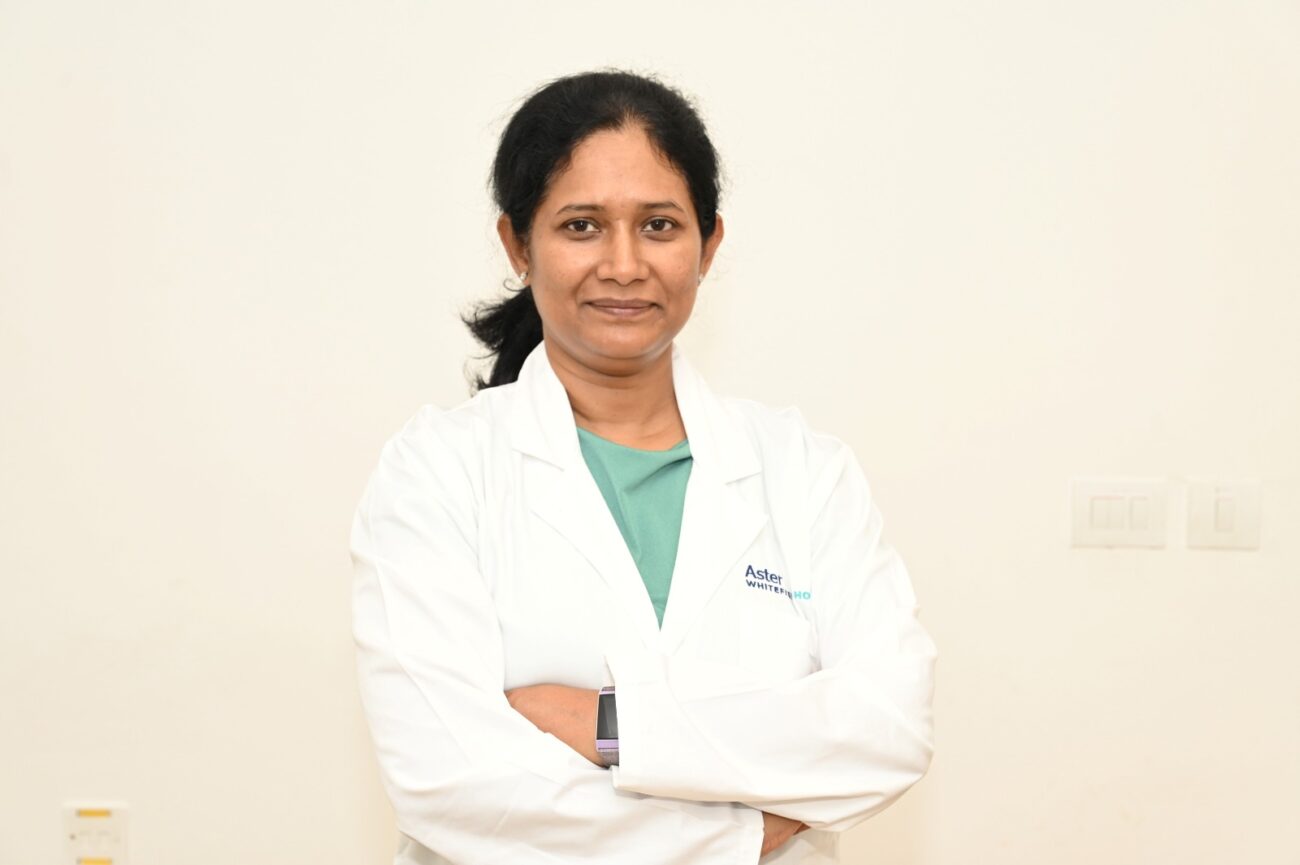Experts decode why mood swings, anxiety and depression have a connection with gut health
Panel discussion throws light on why taking care of gut health is crucial Seminar sees active participation of members from across walks of society Reiterating the importance of taking care of gut, a

- Panel discussion throws light on why taking care of gut health is crucial
- Seminar sees active participation of members from across walks of society
Reiterating the importance of taking care of gut, a seminar comprising luminaries from the fields of medicine and nutrition was organised by the Celiac Society of India and Prana in association with Illness To Wellness in Gurugram.
The seminar witnessed active participation from participating citizens who had many health-related queries.
In the seminar, Dr. Ashutosh Shukla, M.D., F.A.C.P. Co-Founder, Prana Centre of Integrative Medicine Medical Advisor & Senior Director, Max Hospital, Gurugram; Dr. Alok Mishra, PhD-Psychology (Mind Body Medicine), AIIMS; Dr. Puja Kapoor, Pediatric Neurologist, Ms. Ishi Khosla, Clinical nutritionist, Celiac Society of India and Dr. Ashima Shukla, Founder of Prana Centre for Integrative Medicine participated in a panel discussion and also took questions from the audience on gut health.
Dr. Chandrakant S. Pandav, Padma Shri awardee and former head of Community Medicine at AIIMS, who was the Chief Guest, expressed his concern at how he overcame Parkinson’s & lost fifteen kilograms after following a gut friendly diet. He also spoke about childhood obesity becoming a major health problem.
Speaking about the seminar, Mr. Anil Rajput, Chairperson, ASSOCHAM National CSR Council, said, “I am delighted to note that the Illness to Wellness and Celiac Society of India partnership is generating awareness and sensitizing people at the grassroots level. I am of the firm view that community engagement is an effective way of bringing people up to speed with the latest information and initiatives on various health issues. With increasing focus on gut health and studies showcasing the critical role of the gut in overall well-being, it is important that sensitization on this subject carries on in a sustained manner. I am sure that going forward many more community level engagements will take place and we will progressively arm our people with information that they can apply in their daily life- leading to better health and well-being!”
Explaining the science of the gut-brain axis, Dr. Ashutosh Shukla said: “The gut and brain have evolved together at the same time. This is because the brain has to ensure that whatever we eat is the right thing for us and there’s a kind of an alarm system which exists. For instance, if you get a physical injury, so you would want to avoid that in the future. So it is a two-way communication directly between the brain and the gut.”
Shedding light on how gut is the second brain in our body, Ms Ishi Khosla said: “It affects our mental, physical, and social health, impacts our mood, and could lead to changes in our diet and appetite. Any gut microbiome imbalances could negatively impact your life.
Ishi advised the audience to follow a gut friendly , anti inflammatory diet & follow the half plate rule while eating , which means filling at least half the plate with brightly coloured vegetables , fruits & to avoid foods that trigger inflammation.
Noting that the gut is connected to mood, Dr. Alok Mishra, PhD-Psychology (Mind Body Medicine), said: “It is important to improve the relationship between the brain and gut and for that we need to know ourselves better. Somewhere down the line we have forgotten that our top priority is our health and human beings need to get this thought ingrained again.”
Dr. Puja Kapoor, Pediatric Neurologist, spoke about how the changes in composition of food materials are having an impact on gut health and rise in autism cases: “Gut-brain axis is an established fact. Over the years, there has been a steady rise in autism cases and it is down to what we have been eating. We cannot shy away from this fact.”






